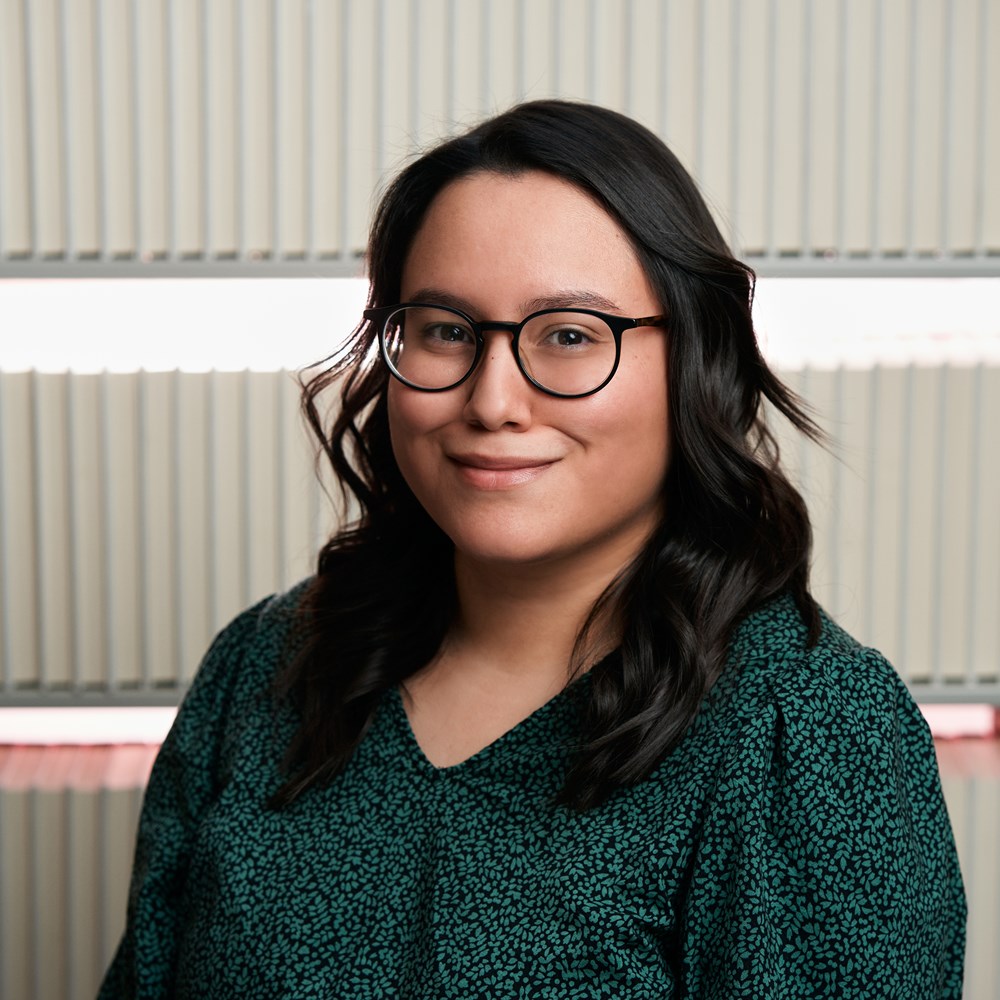Sun & Ssukgat: The Korean Art of Self-Care, Wellness & Longevity
February 21, 2025
Michelle Jungmin Bang writes that the keys to health and longevity are found in timeless recipes and wisdom passed down through generations and in the community bonds we create.
 Sun & Ssukgat: The Korean Art of Self-Care, Wellness & Longevity by Michelle Jungmin Bang, Harvest Publications
Sun & Ssukgat: The Korean Art of Self-Care, Wellness & Longevity by Michelle Jungmin Bang, Harvest Publications
A familiar routine kicked off whenever I’d get sick as a child. I’d bundle up in my warmest pajamas and blankets and take refuge on the living room sofa. I’d take a dose of cold medicine, my mother would swipe a layer of Vicks VapoRub on my chest to help me breathe easier, and I’d soon drift off to sleep. In the meantime, my parents would get to work in the kitchen, chopping fresh tomatoes and onions to stew with pieces of bone-in chicken and bundles of cilantro plucked fresh from our backyard. When I’d wake up, there would be a steaming bowl of caldo de pollo waiting for me, its broth golden and salty, served with a generous squeeze of lemon juice. Throughout the day, my father would bring me warm mugs of tisane brewed from eucalyptus leaves and sweetened with honey to ease the pain of a sore throat. Everything was slow, methodical, comforting.
Reading Michelle Jungmin Bang’s book, Sun & Ssukgat, felt like comparing notes on our childhoods. We were both born in the United States and raised by immigrant parents hailing from cultures (mine Mexican, hers Korean) that consider food a fundamental part of life. Food, to us, is an expression of love, a central part of major life events and celebrations, and most importantly, medicine. In the early pages of the book, Bang recalls some of the healthful foods her parents and grandmother often prepared: juk, a warm rice porridge to be eaten during illness; samgyetang, chicken and ginseng soup meant to aid hydration on hot summer days; and doenjang jjigae, a fermented bean stew rich with probiotics and protein.
As she entered adulthood and progressed in her career, Bang traded these traditional meals for quick, convenient options that could fit easily into her fast-paced life as an entrepreneur. “I worked around the clock,” she writes, “running on black coffee and no sleep.” Ignoring signs of burnout and exhaustion, Bang eventually landed in the emergency room, finding out that her stomach lining was riddled with stress-induced ulcers that left her unable to eat without considerable pain.
After witnessing a group of elderly people exercising on a beach in Hong Kong, Bang set off to better understand how various Asian cultures, including her own Korean culture, approached health from a proactive rather than reactive standpoint. Through her journeys, she learned about seasonal plant cultivation and cuisine from Buddhist nuns at a monastery in South Korea’s Naejangsan National Park. She learned from the breathing techniques and mutual care practices of Jeju Island’s haenyeo, women who spend their lives learning how to dive without oxygen tanks to harvest seafood manually. When she visited relatives and old family friends in Seoul, she came to understand the deep cultural and intergenerational power of jeong.
Jeong is many things at once—love, friendship, empathy, compassion, sincerity, loyalty, sacrifice, community, connection, vulnerability, affection, sympathy, warmth, passion, kindness, social responsibility, and generosity of spirit toward humankind.
[...] I asked Dr. Park if he thought jeong was part of Korea’s collective good health and well-being.
“My dear, jeong is the most important part of it all.”
Like Bang in the early days of her entrepreneurial life, I did not take the best care of myself once I left home and kicked off my journey into adulthood. In my twenties, I wanted to move fast, to be everywhere, to be busy all the time. I ignored early symptoms of oncoming illnesses as long as I could, then popped DayQuil like candy to power through my workdays, before finally, inevitably, finding myself laid up in bed, too sick to move, barely able to stay awake long enough to place an order for takeout soup. I was working in the nonprofit advocacy field then, driven by a desire to care for others, yet rarely treating myself with the same level of empathy.
By late 2020, I was mentally burnt out and physically just getting by, but I found unexpected respite after I got laid off from my high-stress job and the ongoing COVID-19 pandemic kept me home. With free time on my hands, I turned to cooking, recreating dishes from my childhood and calling my parents whenever I needed their guidance. I shared these meals with the person who I’d eventually marry, and I’d package up leftovers to drop on friends’ doorsteps. What my health needed at that time didn’t come in pill form; it came from my reconnecting to the people and the world around me, drawing from the unspoken lessons of love and care I’d absorbed from my childhood.
“Every culture has its own set of traditional wisdom that can be preserved, honored, and even adapted to what makes sense in their generation,” Bang writes. Across cultures and over time, we can share in the knowledge that we are nourished not only by the healthful foods we eat, but also by rest and slowness, by the time we spend in nature, and by the loving relationships we build and sustain.



